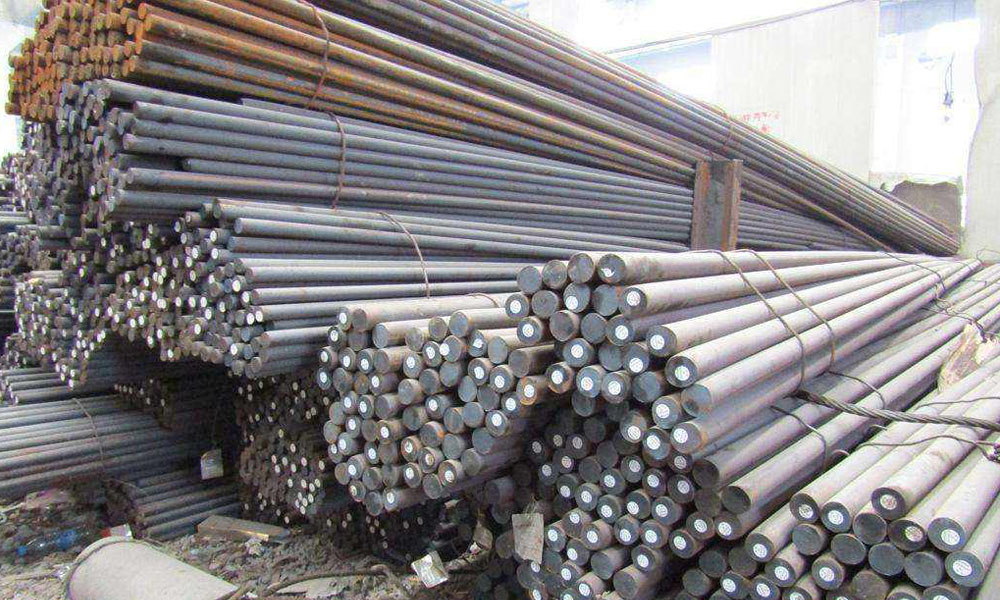Benchmark steel futures in China edged higher at the close of a choppy session on Thursday, after the country’s top steelmaking region of Hebei announced capacity reductions in 2019 and 2020 as it seeks to improve air quality.

Hebei will cut 14 million tonnes of annual steelmaking capacity both this year and next year, the province’s Communist Party head said on Thursday.
The province, home to major steel hubs such as Tangshan and Handan, produced more than a quarter of last year’s output in China, the world’s biggest steelmaker.
The most-active construction steel rebar contract on the Shanghai Futures Exchange rose 1.1 percent to 3,821 yuan ($569.50) a tonne. It fell as much as 1.2 percent earlier in the day, before news about the planned capacity reductions came out.
“It’s a reflection of the ‘weak-demand, high-output’ situation (in the Chinese market),” said analyst Richard Lu of CRU in Beijing.
But construction activities in China are likely to increase later this month, which may spur a rebound in steel prices, he said, citing March as the peak season for steel demand.
The most-traded iron ore contract on the Dalian Commodity Exchange fell as much as 1.4 percent, before edging up 0.7 percent to 623.5 yuan by the end of the session, amid rising supply and the extended smog alert in Tangshan.
“Investors weigh the impact of extensions to steel mill output restrictions as heavy pollution remains prevalent in key production hubs,” said John Meyer, an analyst at London-based broking and corporate finance firm S.P. Angel.
Iron ore inventory at Chinese ports SH-TOT-IRONINV continued to rise, reaching 146.05 million tonnes on March 1, the highest since September last year, from 145.05 million tonnes as of Feb. 22.
Tangshan has extended a level 1 smog alert that was due to be lifted on Wednesday as unfavourable weather conditions persist.
The level 1 alert, the highest in China’s four-tier pollution warning system, has been in place since March 1 and requires steel mills to curb output by 40 percent to 70 percent or even stop production, depending on the scale of their emissions.